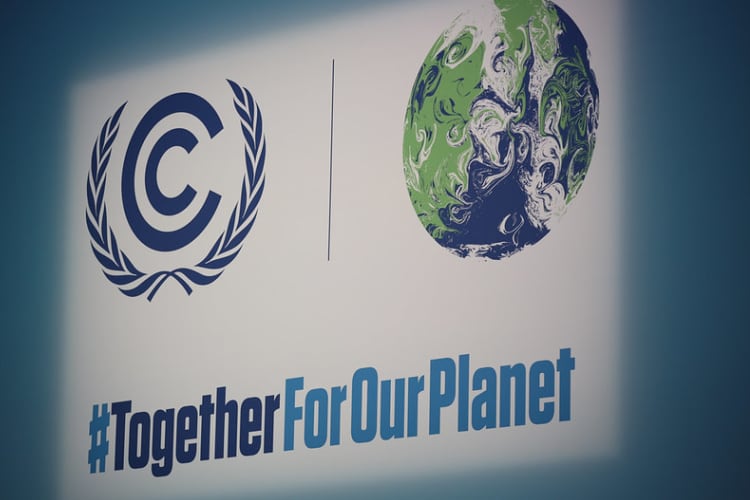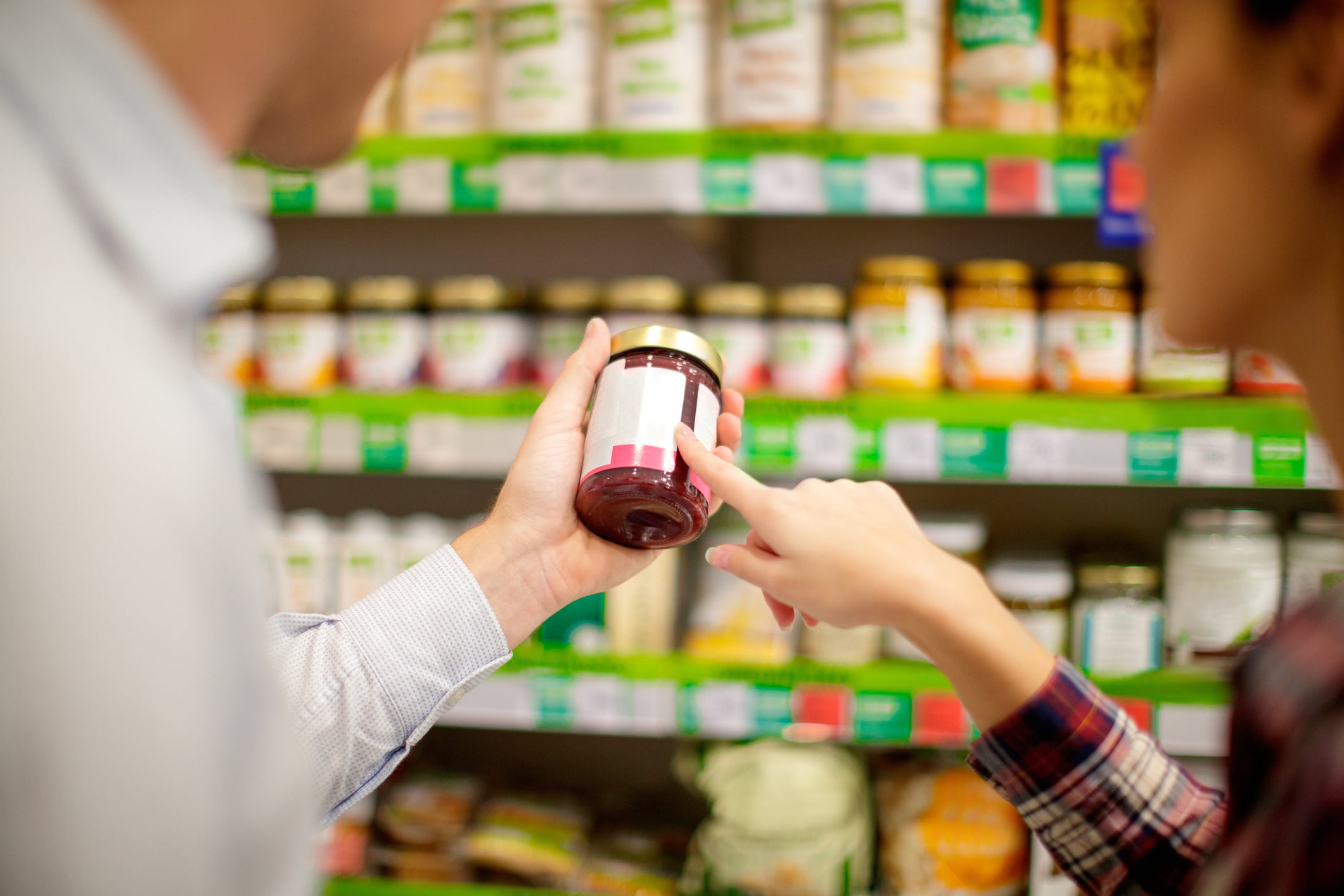Sustainability is now as great a motivation as wellness for consumers’ food purchases and lifestyle choices, a new consumer study conducted by Kantar has revealed.
The research, commissioned by media platform Teads, showed 49% of UK consumers want to reduce their carbon footprint through the food choices they make in 2022.
“Our research shows a significant consumer shift towards more eco-conscious attitudes surrounding sustainable food choices,” Phil Sumner, VP Insights at Northern Europe at Teads, observed.
Awareness of dairy-free and eco-conscious products continues to drive this shift, with media coverage around events like COP26 helping to bring the issue front-of-mind. The survey data suggested that COP26, for instance, resulted in a 31% increase in consumer awareness around the food choices they make and how this impacts the planet.
Consumers increasingly expect brands to communicate their footprinting and impact data in a transparent way. “We are seeing a thirst for greater transparency across the board. According to Kantar, as consumer trends evolve, more than two-thirds of UK consumers want greater transparency about what goes into their products. But it's only brands themselves that can determine what balance of transparency is correct,” Sumner told FoodNavigator.
This represents an important opportunity for sustainability-focused brands who are implementing those changes in their product portfolio. But communicating your sustainability story comes with some pitfalls.
Mistrust of social media

The research findings demonstrated that mainstream news outlets have ‘move of an impact’ in ‘triggering environmental concerns’ than other media across all age groups.
Indeed, following the spread of misinformation about the COVID-19 pandemic on social media platforms, almost 60% of consumers reported that they do not trust sustainability messages communicated through social media.
Brands, marketing experts at Teads suggested, need to be conscious of this trust issue and Teads suggests promoting and reaching desired audiences through ‘quality publisher news environments’ for maximum trust.
Nevertheless, digital media still has a role to play with more than 45% of under 35-year-olds stating that influencers and brand ambassadors have a ‘strong impact’ on their perception of a brand’s sustainability credentials. Getting the balance between traditional and digital media in your marketing strategy is therefore a must.
“Premium news sites are clearly the key source for delivering sustainability messaging; brands must ensure their ads are placed in these environments at least until initial brand trust is cemented. Following this, influencers and brand ambassadors can be extremely effective in influencing younger audiences in particular,” Sumner advised.
“Brands would do well to incorporate strong eco role models into their campaigns to attract the attention of these younger audiences, which may in turn increase the trust surrounding information on sustainability delivered via social media platforms,” the marketing expert suggested.
What does eco-scepticism mean for your brand?
While consumer’s want increased transparency and brands that deliver on environmental performance indicators, they are also sceptical about the claims being made. The data from Kantar shows that more than 50% of the UK population believe brands ‘overstate their eco-credentials’.
“There is certainly a level of cynicism from consumers around brands' eco-initiatives,” Sumner told us. “This means consumers are aware of brands that don’t live up to their promises.”
The impact and reputational damage that perceived associations with greenwashing will depend on your brand positioning in the market. Some brands would be seriously impacted by accusations of misleading consumers, while others are better placed to ride out the storm.
The recent Oatly controversy stands as case-in-point.

The UK’s Advertising Standards Authority found that environmental claims made by alt milk heavyweight Oatly were ‘misleading’ after the company rolled out a series of advertisements across television, social media, and the national press in January 2021.
“It’s clear that we could have been more specific in the way we described some of the scientific data,” conceded Oatly spokesperson Tim Knight. “For example, we made a claim stating that ‘Oatly generates 73% less CO2e vs cows milk’. We should have been more specific and said: ‘Oatly Barista Edition oat drink generates 73% less CO2e vs. whole milk, calculated from grower to grocer’.”
Knight told FoodNavigator: “We’re a science-based company and take pride in being precise, but we could have been clearer…”
But Sumner suggested that the oat drink business is well-placed to exit the controversy with little reputational damage. “The ASA ruling on Oatly was based on the company pushing the boundaries and not being specific enough with its claims. But in a similar way to how Brew Dog has disrupted the beer category, brands built around disruption can generally push harder at the boundaries with less risk to their reputations.”
Nevertheless, for most brands, greenwashing accusations are a serious concern, Sumner continued. “Underestimating cynicism is dangerous as consumers are on the lookout for greenwashing, meaning brands shouldn't fall into the trap of using self-congratulatory messaging. Brands should also avoid 'green communications' as this only adds another layer of complexion and can intimidate consumers.”
So, what environmental messaging resonates with today’s consumers? “The answer is relatively simple – genuine messages. Instead, brands should be taking their customers on a journey with small, easy actions,” Sumner suggested.




